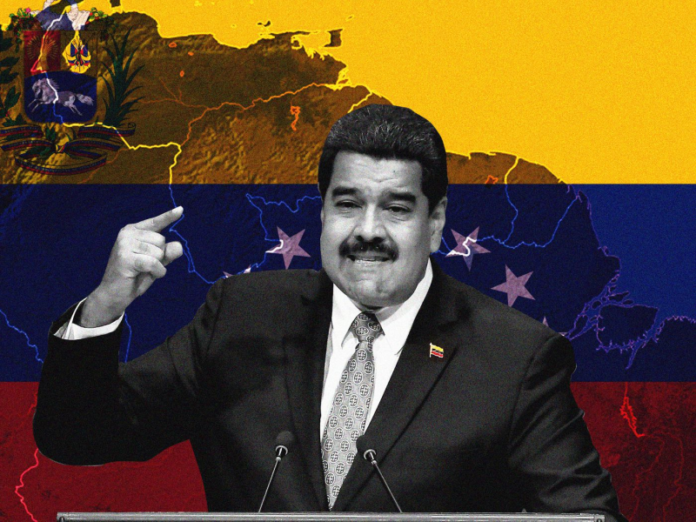Abstract
A recent World Bank report reveals the alarming rise of the Venezuelan exodus, now the second largest forced displacement phenomenon globally, emphasizing the urgency to manage worldwide migration more effectively.
The Venezuelan exodus, a fallout of the Chavista dictatorship, has escalated to become the second-largest forced displacement crisis worldwide, according to the World Bank. Amid the ostentatious displays of wealth and the suppressed cries of the impoverished, a heartbreaking saga of human suffering unfolds.
The World Bank’s recent publication, ‘Migrants, Refugees, and Societies,’ presents a grim picture of the global migrant scenario. It brings to light that 2.3% of the global population, encompassing 184 million individuals including 37 million refugees, now reside outside their homeland. The narrative of this exodus resonates with the poignant echoes of the struggles endured by migrants and their families. Yet, amidst this tragic panorama, the report optimistically remarks that migration can serve as a potent catalyst for development, enhancing the living conditions for migrants, their families, and the societies they eventually inhabit.
An urgent call to arms echoed throughout the report, underscoring the pressing need to better manage migration. It urged for the formulation of policies that could align the skills of migrants with the labor demand in destination countries, a plea for harnessing the potential of these displaced people.
The report highlights that Latin America, the cradle of diverse cultures and rich histories, has paradoxically become the region that witnesses the highest emigration. By 2020, over 41 million Latin Americans had migrated, surpassing the number of European and Asian migrants. Additionally, countries characterized by wealth or medium income, including Colombia and several other Latin American nations, are the primary sources of migrants.
The Venezuelan phenomenon has caught the World Bank’s keen interest due to its rapid escalation. In a span of little over eight years, it has evolved into the second-largest forced international displacement worldwide. This grim statistic bears testimony to the harsh reality of the Chavista regime, a dictatorship that has pushed its citizens toward despair and displacement.
The report also delineates strategies to facilitate labor migration, such as reducing remittance costs, facilitating knowledge transfer, and developing globally demanded skills. These strategies would enable citizens to secure better employment opportunities upon migration.
However, the migration path is not devoid of obstacles. The United States, a beacon of hope for many migrants, has recently witnessed changes in its migration policy. A Florida federal judge prohibited the Biden administration from conditionally releasing newly arrived migrants as they await the processing of their entry requests. This decision, a response to Florida’s lawsuit against the federal government, alleges that the government’s policy violates immigration rules.
This suspension comes just before the expiration of Title 42, a rule ostensibly implemented to curb the COVID-19 pandemic. However, in practice, it has been employed nearly 2.8 million times to expel migrants, thereby denying them the opportunity to seek asylum.
As we stand witness to this humanitarian crisis, let us not forget our collective responsibility. We must strive to alleviate the sufferings of these displaced individuals and create a world that respects and upholds human rights.









